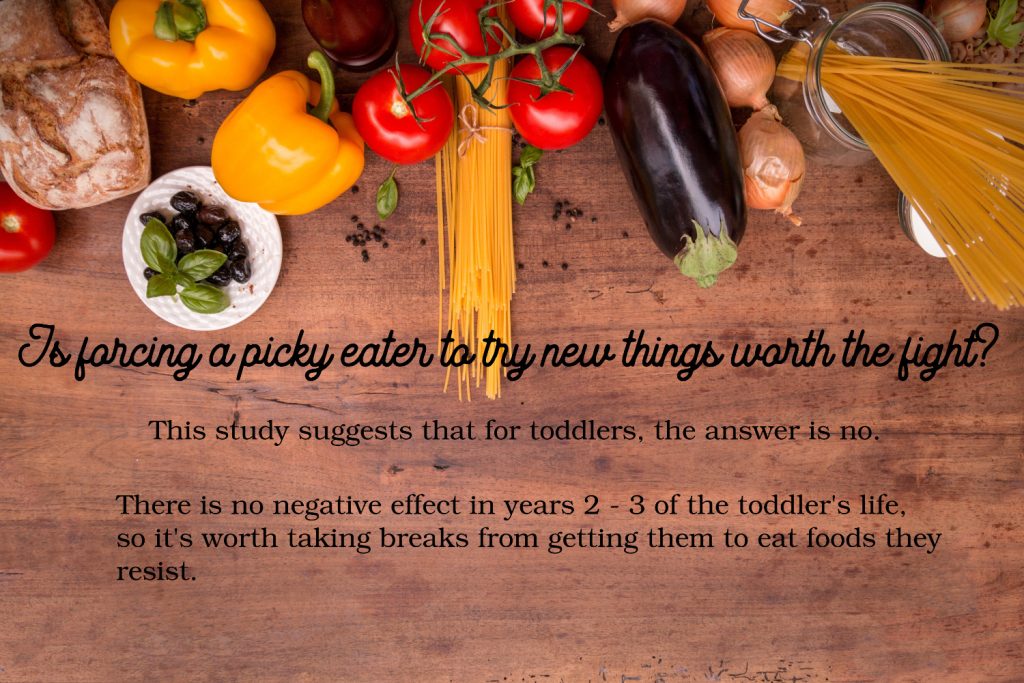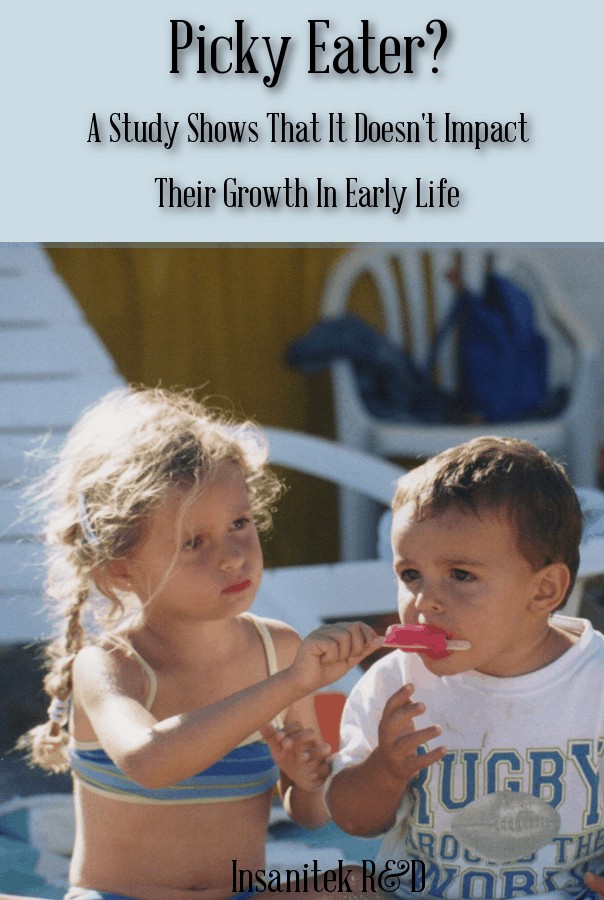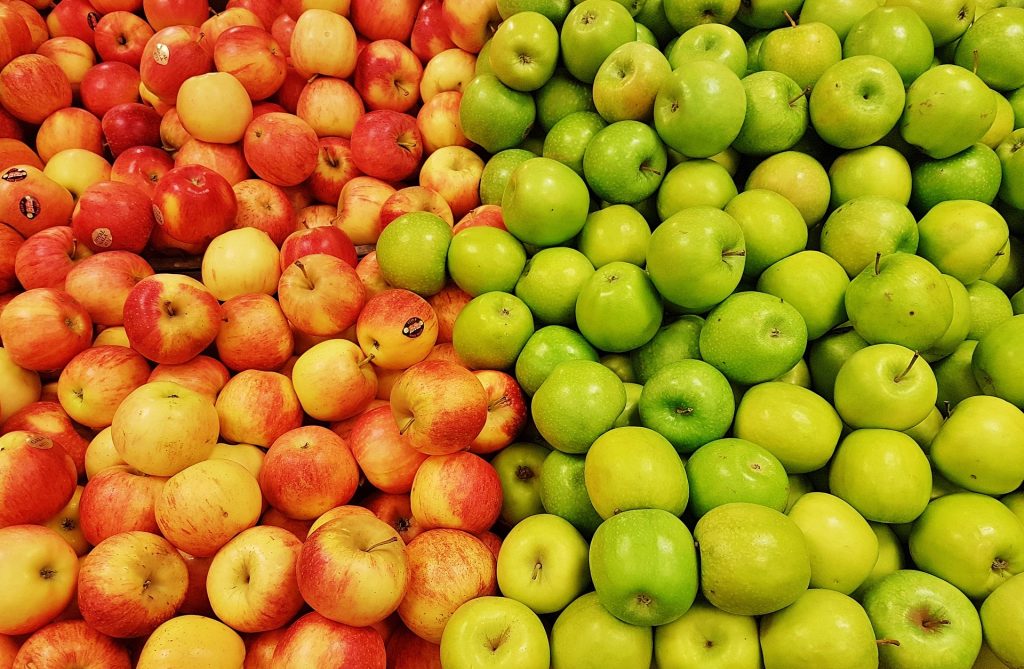Picky eaters are a common challenge for parents, but does it help to force them to eat their vegetables? Researchers at the University of Michigan wanted to answer the question of whether parents should pressure their children into eating food they don’t like. Furthermore, they wanted to find out whether doing so affected the child’s weight, their tendency to become picky eaters, and how they perceive their parents (Gander, 2018).
To conduct their study, the researchers recruited 244 children between 21 and 27 months old. Data on the kids, including their weight, age, and other sociological factors were taken into account in three different stages. The participants also completed questionnaires, rating pressure on feeding and picky eating behavior.
“We found that over a year of life in toddlerhood, weight remained stable on the growth chart whether they were picky eaters or not,” Dr. Julie Lumeng, director of the U-M Center for Human Growth and Development and a physician at C.S. Mott Children’s Hospital, told Newsweek.
Lumeng went on to say that using the word “picky” to describe children also tended to hold children to an unattainable standard when tastes are largely out of our control. Furthermore, there didn’t appear to be anything wrong with picky eaters. This was to say that children who were perceived as picky did not have stunted growth or nutrient deficiencies.
“The takeaway here is that pressuring children to eat needs to be done with caution, and we don’t have much evidence that it helps with much,” Lumeng continued. “As a parent, if you pressure, you need to make sure you’re doing it in a way that’s good for the relationship with your child. Dealing with picky eating falls into the category of how can you do little things that might make meals better for everyone but not squelch something that may be part of your child’s personality.”
Dealing with Picky Eaters
The Centers for Disease Control and Prevention has a series of tips for parents who are struggling with picky eaters at home (“Picky Eaters and What to Do,” 2018). First, it may be worth taking a break with the specific food and trying again in a week – the child may benefit from the time away from the new food.
Next, the CDC recommends freezing small bites of different foods for the eater to try. This can help reduce overall food waste.
Finally, experts recommend trying to mix in the new food with food that the eater already likes. This can be especially helpful with babies who enjoy breast milk, for instance.
References
Gander, Kashmira. “Why Parents Shouldn’t Force Food on Picky Children, According to a New Study.” Newsweek. Retrieved July 30, 2018, from https://www.newsweek.com/why-parents-shouldnt-force-food-picky-children-according-new-study-1044934.
“Picky Eaters and What to Do.” CDC. Retrieved July 30, 2018, from https://www.cdc.gov/nutrition/infantandtoddlernutrition/foods-and-drinks/picky-eaters.html


